Premature Graying Of Hair: 8 Causes & Expert Prevention Tips
Defy premature graying by understanding its causes and following home remedies to get vibrant hair!
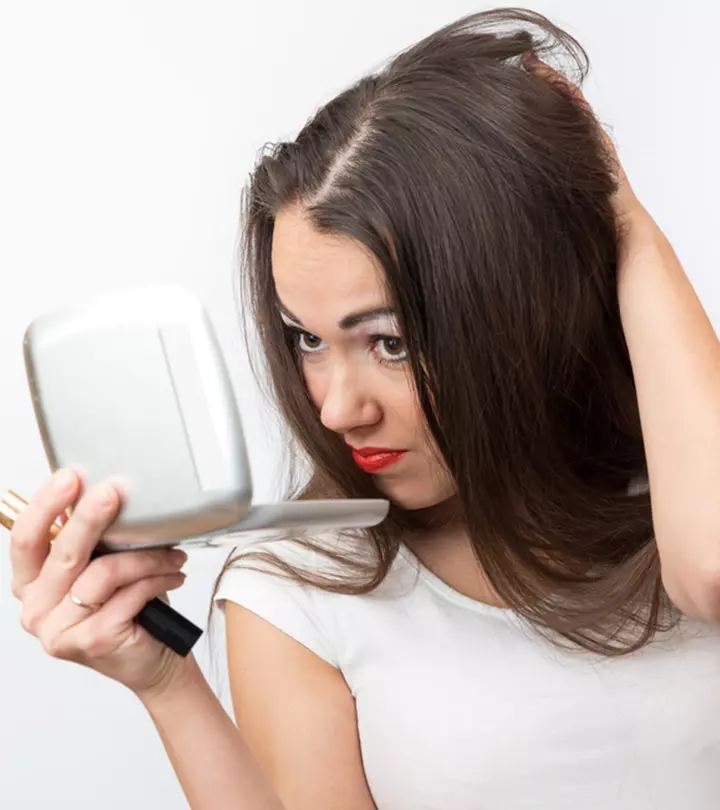
Image: ShutterStock
Many people face the issue of premature graying of hair. While many reasons can cause it, genetics is considered the main cause behind premature graying (1). Pollution, food habits, stress can also cause this condition.
In a study conducted on 467 participants,46.46% were found to have a history of premature graying of hair. The association was strong with mother, father, and sibling history. The study also established a correlation between premature graying of hair with iron and calcium deficiency.
The graying of hair before the 20s is considered premature and can signify underlying health conditions and syndromes. In this article, we discuss all you need to know about premature graying, ways to control it, and more. Read on to know more.
In This Article
What Is Premature Graying Of Hair?
Premature graying of hair (PGH) is when your hair turns gray before 20 years in Caucasians and 30 years in African Americans. While genetics is the main reason behind it, premature graying can be triggered by multiple other factors (1). Let’s take a look.
Key Takeaways
- Premature greying of the hair may occur due to thyroid disorders, stress, and nutritional deficiency.
- Using tinting sprays and curling your hair are a few ways to make your grey hair less noticeable.
- Applying ridge gourd oil or Indian gooseberry with fenugreek seeds on your hair can prevent premature greying.
- Eating a balanced diet and prioritizing your mental health will keep grey hair at bay.
Is Premature Graying A Medical Issue? What Are The Causes?
Premature graying is not a medical issue. However, it is associated with multiple underlying conditions and syndromes. The factors that cause premature graying are:
1. Thyroid Disorders
The thyroid hormones T3 and T4 are responsible for melanin production (melanogenesis) in the hair follicles. A low level of these hormones may cause premature graying (1).
2. Autoimmune Disorders
Premature graying is linked to autoimmune disorders, such as vitiligo and pernicious anemia, and premature aging syndromes like Werner’s syndrome (2).
3. Psychological And Oxidative Stress
Research shows that psychological stress triggered by emotional factors can increase the oxidative load or oxidative stress. This also plays a role in premature graying. Other factors like pollution and UV exposure also cause oxidative stress, leading to premature graying (1).
4. Diet And Nutritional Deficiencies
A study involving 35 schoolchildren found that the levels of nutrients like calcium, ferritin, and vitamin D3 were low in those with prematurely gray hair (2). Low serum iron, copper, and zinc concentrations also play a role in premature graying (3). However, further research is needed to conclude this.
An imbalanced diet causes the body to create free radicals, making your hair turn gray.
5. Smoking
Smoking is harmful for your overall health and is also linked to premature graying. A study found a possible connection between premature graying before the age of 30. It concluded that smokers could have an earlier onset of graying than non-smokers (4).
6. Hair Products
Hair products, such as chemical bleaches and colors, often contain chemicals like hydrogen peroxide. A study demonstrated that hydrogen peroxide could accumulate in the hair follicles, affect the hair pigments, and cause graying (5).
7. Vitamin B-12 Deficiency
Studies indicate a correlation between nutrient deficiencies, such as a lack of Vitamin B12, and premature graying (6). This vitamin is essential for melanin production, hence its insufficient levels may result in premature graying by impeding pigment synthesis, impacting the natural color of hair. Vegetarians and vegans are more susceptible to B-12 deficiencies due to lacking animal product intake, exacerbating the risk of premature graying.
8. Environmental Factors
Exposure to pollutants, harsh chemicals, and UV radiation can contribute to premature graying of hair. These external elements may lead to damage to hair follicles, affecting melanin production and accelerating the natural aging process of hair, resulting in the early onset of gray or white strands (7).
Consult a doctor to determine the exact reason for your premature gray hair. Early diagnosis is crucial for treatment. Meanwhile, if you want, you may follow the tips below to hide the gray strands.
How To Conceal Premature Gray Hair
Premature graying may give a strong blow to your self-confidence. You need to pay attention to the underlying causes of hair graying and try to solve them. However, this may not solve itself overnight. So, you need to look for quicker solutions to conceal the gray hair. Here are some tips you can follow.- Use Tinting Sprays: Choose a color closer to the natural hair color for even coverage.
- Curl Your Hair: Curly or wavy hair makes the gray roots and strands less noticeable. You may even style your hair in French braids to hide them.
- Use Hair Accessories: Hair bands, headbands, bandanas, and scarves can effectively hide the grays.
You may also try home remedies to prevent premature graying. Check out the recipes in the next section.
Home Remedies To Prevent Premature Graying
1. Indian Gooseberry And Fenugreek
(amla) is widely used in traditional recipes to enrich hair pigmentation and health. Fenugreek leaves paste helps preserve the natural hair color (8) (9).
You Will Need
- 3-5 Indian gooseberries (chopped)
- ½ cup of coconut oil
- 1 tablespoon of fenugreek paste
Method
- Boil the Indian gooseberry pieces with coconut oil for a few minutes on low heat.
- Once the oil cools down, mix the fenugreek paste.
- Pass the mixture through a sieve and store in a glass jar.
- Massage your scalp and hair with the oil solution.
- Leave it on for at least 30 minutes or more.
- Wash off with a mild shampoo.
- Follow the routine 2-3 times a week.
2. Henna And Coffee Dye
Henna is traditionally used for conditioning and tinting the hair. Often, coffee powder is added to henna to darken the tint. This can be a natural alternative to chemical hair dyes.
You Will Need
- 1 packet of henna powder
- 1 tablespoon of instant coffee
- 1 tablespoon of almond oil
Method
- Mix coffee and water.
- Add the henna powder to the coffee and combine to form a paste.
- Cover the cup and let it rest for 2-3 hours.
- Once done, mix the almond oil with it.
- Apply the paste from root to tip.
- Cover your head with a shower cap and leave it on for an hour.
- Rinse off with a mild shampoo.
Lauren, a blogger, wrote about her ordeal with premature grey hair. She has an allergy to hair dye and admits to having tried resorting to henna to give color to the hair. She wrote, ”I had to stop using conventional dye, and switched to henna. Henna is awesome, it’s all natural, made from the flowering plant Lawsonia and also indigo (i).”

 Pro Tip
Pro Tip3. Ridge Gourd Oil
Ridge gourd oil is often used to prevent premature graying. However, there are no clinical studies to prove the efficacy of the oil on gray hair.
You Will Need
- 1 cup of sundried ridge-gourd
- 1 cup of coconut oil
Method
- Soak the ridge gourd pieces in coconut oil for 3-4 days.
- Boil the pieces and the oil for 10 minutes.
- Strain the oil solution and store it in a glass jar.
- Massage your scalp and hair with the oil for 5-10 minutes.
- Leave it on for at least 30 minutes.
- Rinse it off with a mild shampoo.
- Follow the routine 2-3 times a week.
4. Coconut Oil And Lemon Juice
Coconut oil and lemon juice are often recommended as a natural remedy to promote hair health and reduce the appearance of gray hair. While there is limited scientific evidence to support its effectiveness in reversing gray hair, anecdotal evidence says that this combination can nourish the scalp and hair, keeping it healthy and shiny.
You Will Need
- 2 tablespoons of coconut oil
- 1 teaspoon of fresh lemon juice
Method
- Warm the coconut oil and mix it with the lemon juice in a small bowl.
- Massage it on your scalp and let it soak for half an hour.
- Rinse it off using a mild shampoo.
Follow this routine 2 times a week for the best results. This simple remedy is believed to improve hair texture and may help slow down the graying process by providing essential nutrients to your hair.
While treating the underlying condition (if any) causing premature graying is crucial, it is also important that you follow a balanced lifestyle, as a lot of lifestyle factors may also contribute to premature graying. Here are a few tips to stay healthy and manage premature graying.
Ways To Manage Premature Graying
1. Consume A Balanced Diet
Nutritional deficiency is one of the factors responsible for premature graying. Get yourself tested for any deficiencies and eat your way to health. Follow a diet consisting of whole grains, vegetables, seafood, poultry, dairy, and fruits. Consult a doctor and take supplements to cover vitamin and mineral deficiencies. Avoid processed foods. This will keep your health in check and help prevent premature graying.
2. Prioritize Your Mental Health
Stress turns your locks gray. Hence, take some time out and indulge in any activity that calms your mind. Listen to music, burn your stress (and calories) with exercise, travel, read books, try yoga and meditation, get a pet, or take up new hobbies. You may take professional help and reach out to counselors and therapists.
 Did You Know?
Did You Know?3. Focus On Overall Well-Being
Quit smoking. It is good for your lungs, hair, and overall well-being. Take care of your hair indulge in spa treatments, use hair nourishing masks and oils, and follow a hair care routine. This helps keep your hair healthy and prevent premature graying.
4. Avoid Using Harmful Chemicals On Your Hair
Using hair products with harsh chemicals, such as sulfates, parabens, and synthetic dyes, can potentially accelerate premature graying. These chemicals strip your hair of its natural oils, leaving it dry and prone to damage. To maintain healthy hair, choose natural or organic hair care products that are free from harmful ingredients. Look for hair styling products enriched with nourishing components like aloe vera, argan oil, or coconut oil. These products are gentler on your hair and scalp, promoting overall hair health and reducing the risk of premature graying.
Premature gray hair is largely caused by genetics. Other conditions, such as a stressful lifestyle, the prevalence of autoimmune disorders, dietary deficiencies, and other underlying medical conditions, may also induce premature gray hair. You can use tinting sprays, hair accessories, or try a few home remedies to deal with this issue. Consult your healthcare provider to figure out the specific cause behind this condition. They will help you plan out a treatment program. Stay on top of your general health and consider the suggestions mentioned in this article to prevent premature hair graying.
Frequently Asked Questions
Can you reverse premature graying of hair?
While premature graying caused due to genetic factors may not be reversed, taking precautions and having a balanced diet may help reverse graying caused by nutritional deficiencies or other underlying medical conditions.
Can anxiety cause gray hair?
Yes, anxiety, stress, and emotional imbalance may lead to hair graying.
Does plucking gray hair increase it?
Plucking gray hair will only result in gray hair regrowth in the same hair follicle. It wouldn’t affect other hair follicles or hair strands.
Check out this video to learn how to manage premature graying. Get expert insights and tips like what can be used topically, and what lifestyle changes can be made to help you keep your hair vibrant and healthy.
Personal Experience: Source
StyleCraze's articles are interwoven with authentic personal narratives that provide depth and resonance to our content. Below are the sources of the personal accounts referenced in this article.
(i). 50 Shades of Gray…..Hair
https://howbourgeois.blogspot.com/2012/12/50-shades-of-grayhair.html
References
Articles on StyleCraze are backed by verified information from peer-reviewed and academic research papers, reputed organizations, research institutions, and medical associations to ensure accuracy and relevance. Read our editorial policy to learn more.
- Premature Graying of Hair: Review with Updates
https://www.ncbi.nlm.nih.gov/pmc/articles/PMC6290285/ - Epidemiological and Investigative Study of Premature Graying of Hair in Higher Secondary and Pre-University School Children
https://www.ncbi.nlm.nih.gov/pmc/articles/PMC3746220/ - Serum iron, zinc, and copper concentration in premature graying of hair
https://europepmc.org/article/med/21979243 - Hyperactivation of sympathetic nerves drives depletion of melanocyte stem cells
https://pubmed.ncbi.nlm.nih.gov/31969699/ - Senile hair graying: H2O2-mediated oxidative stress affects human hair color by blunting methionine sulfoxide repair
https://pubmed.ncbi.nlm.nih.gov/19237503/ - Factors associated with premature hair graying in a young Indian population
https://www.ncbi.nlm.nih.gov/pmc/articles/PMC4830165/ - Ultraviolet radiation-induced skin aging: The role of DNA damage and oxidative stress in epidermal stem cell damage mediated skin aging
https://www.ncbi.nlm.nih.gov/pmc/articles/PMC4842382/ - Preclinical and Clinical Studies Demonstrate That the Proprietary Herbal Extract DA-5512 Effectively Stimulates Hair Growth and Promotes Hair Health
https://www.ncbi.nlm.nih.gov/pmc/articles/PMC5429933/ - A study of phytochemical constituents and pharmacological actions of Trigonella foenum-graecum: A review
https://www.researchgate.net/publication/215552453_A_study_of_phytochemical_constituents_and_pharmacological_actions_of_Trigonella_foenum-graecum_A_review - Pharmacologic interventions in aging hair
https://www.ncbi.nlm.nih.gov/pmc/articles/PMC2695167/ - Oxidative Stress in Ageing of Hair
https://www.ncbi.nlm.nih.gov/pmc/articles/PMC2929555/ - Smokers hair: Does smoking cause premature hair graying
https://www.ncbi.nlm.nih.gov/pmc/articles/PMC3673399/
Read full bio of Dr. Sreekar Harinatha
Read full bio of Ramona Sinha
Read full bio of Anjali Sayee
Read full bio of Monomita Chakraborty






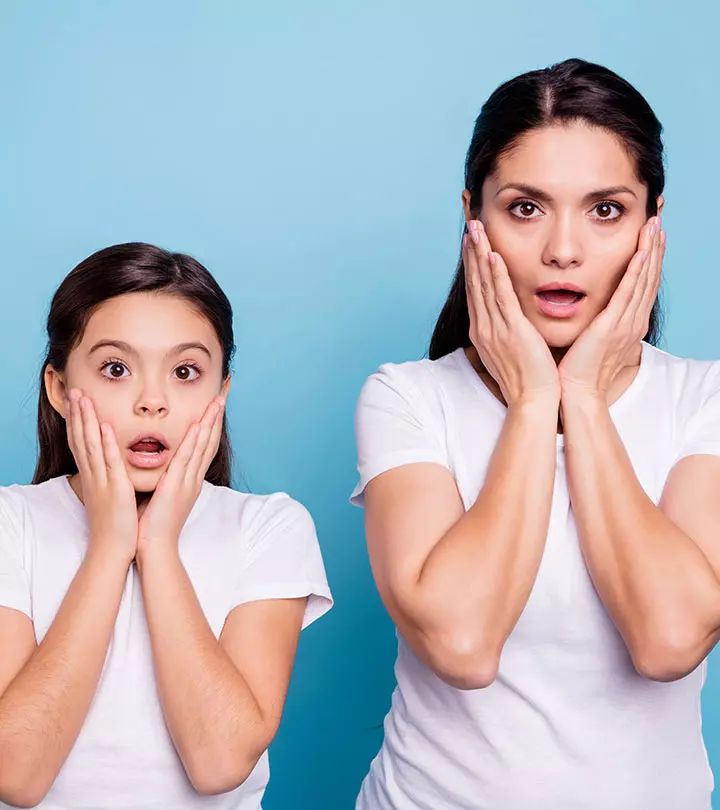
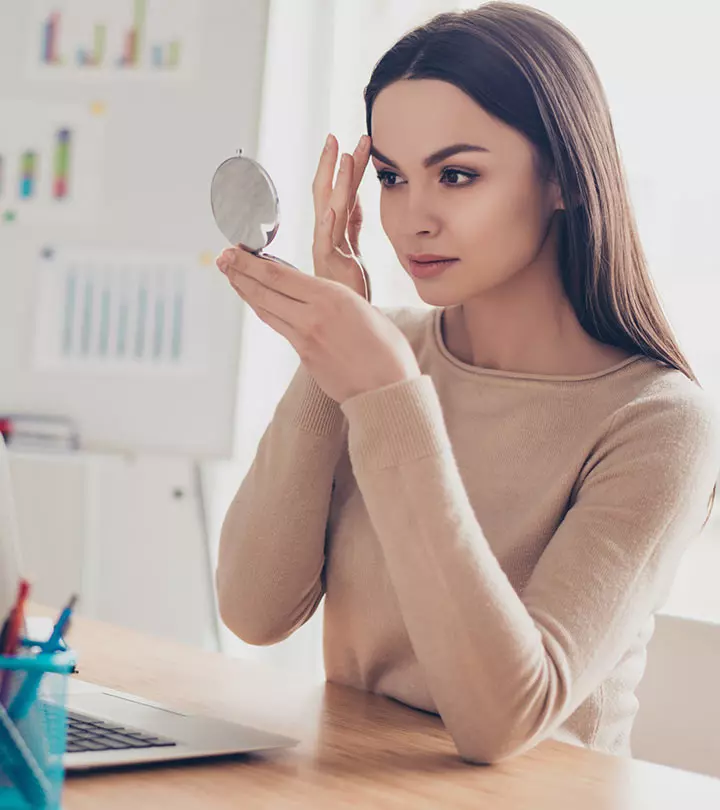
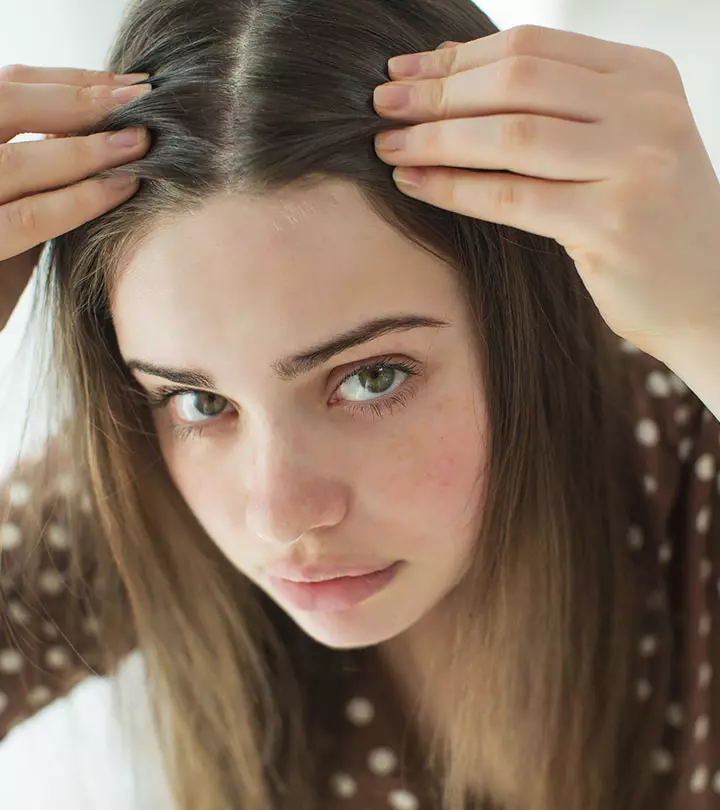
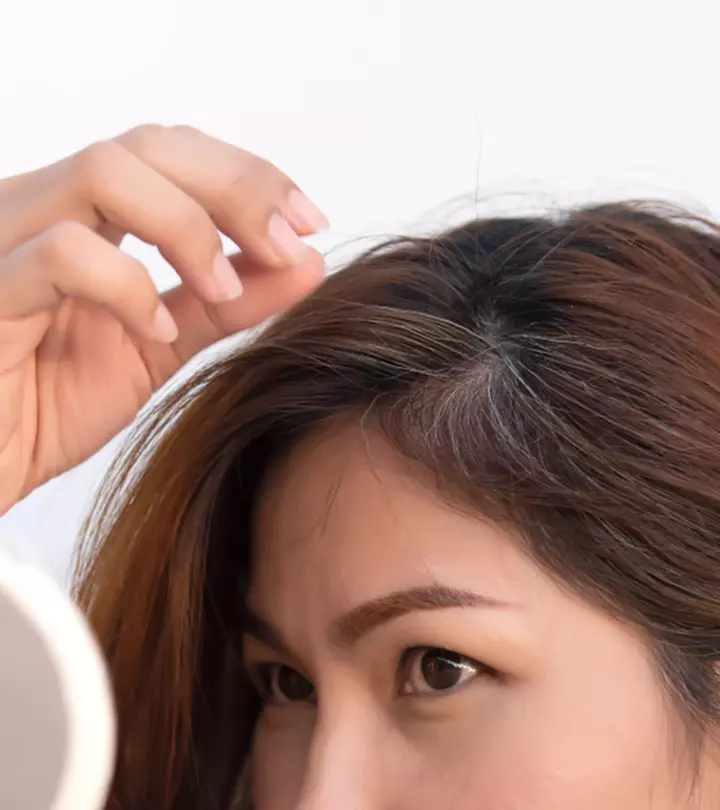
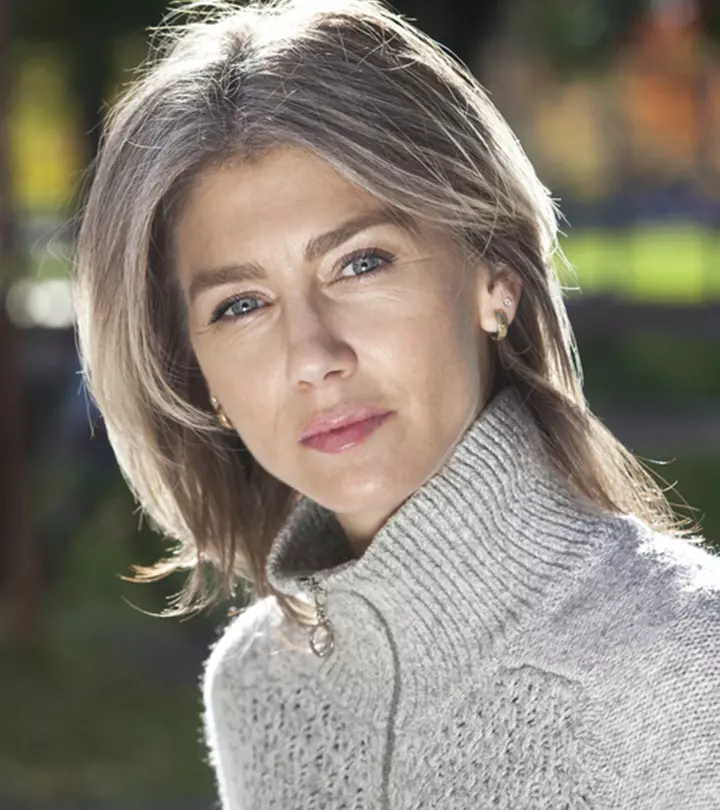
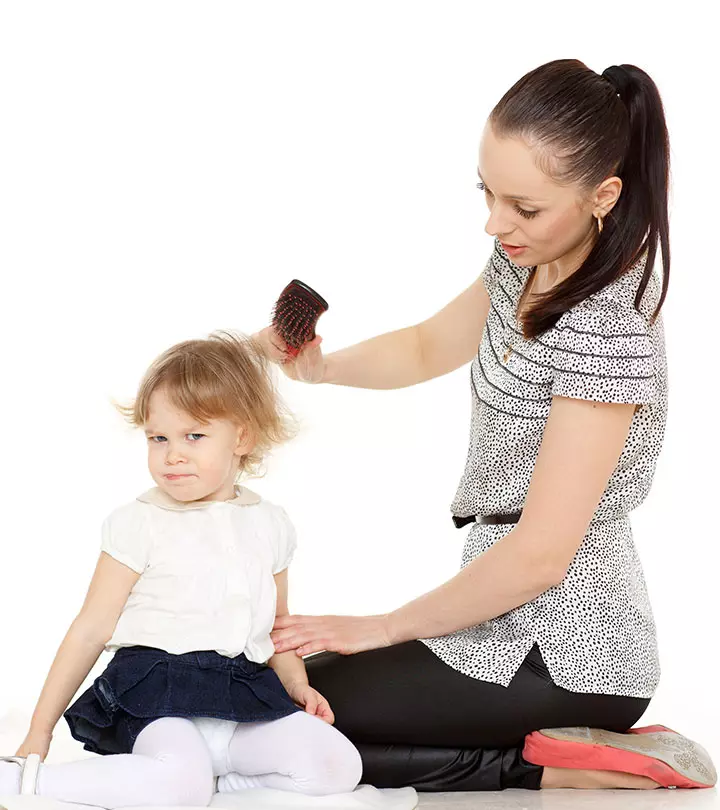
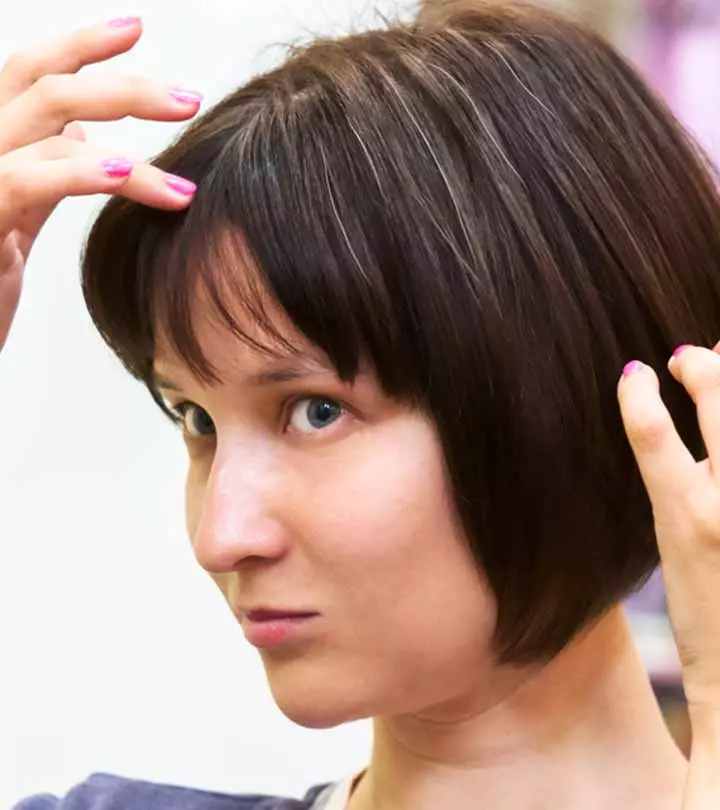
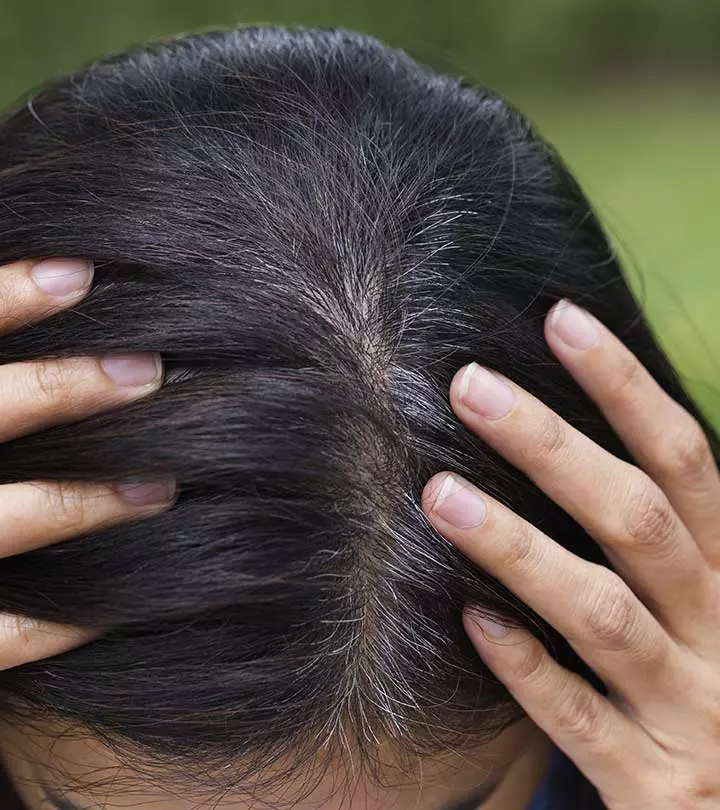
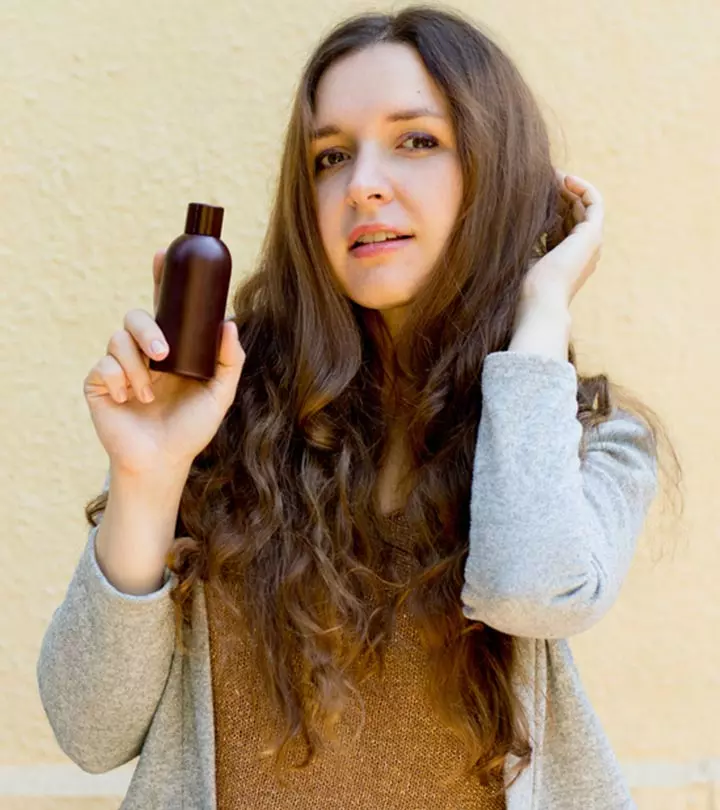
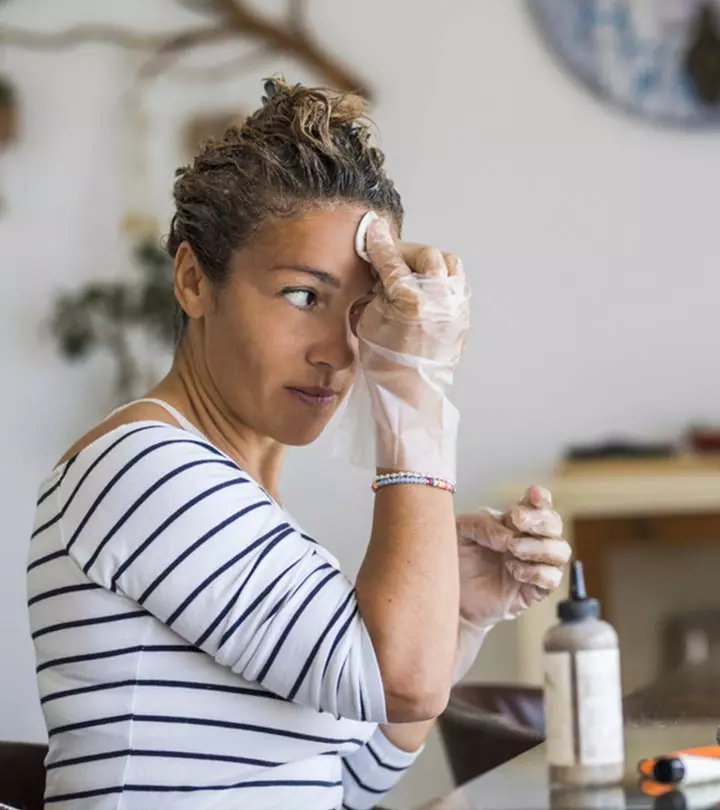

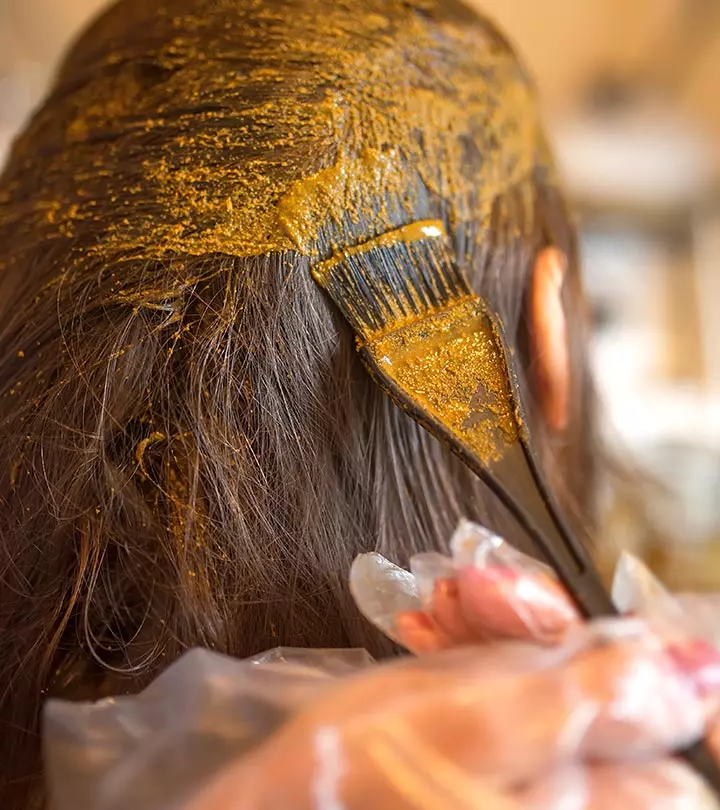
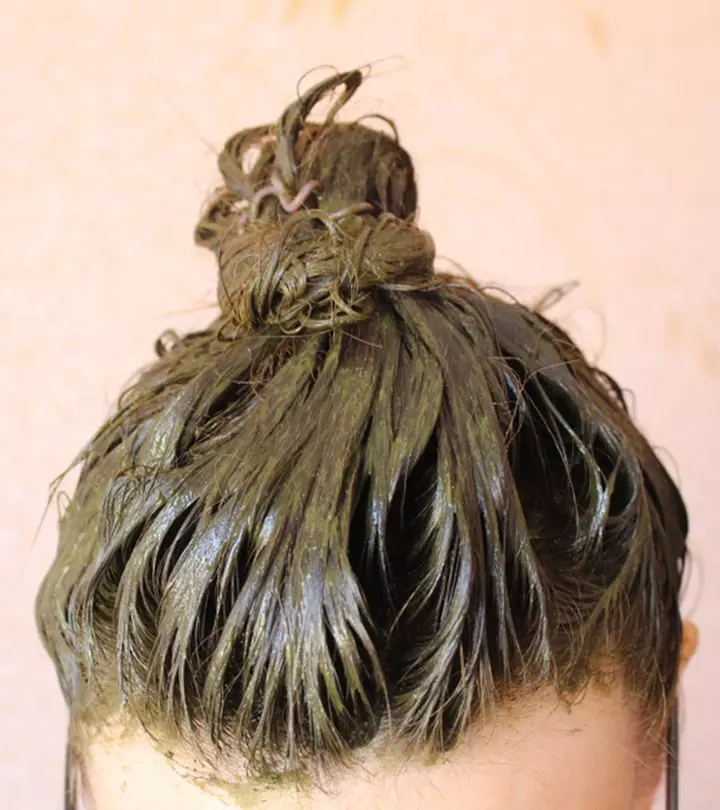
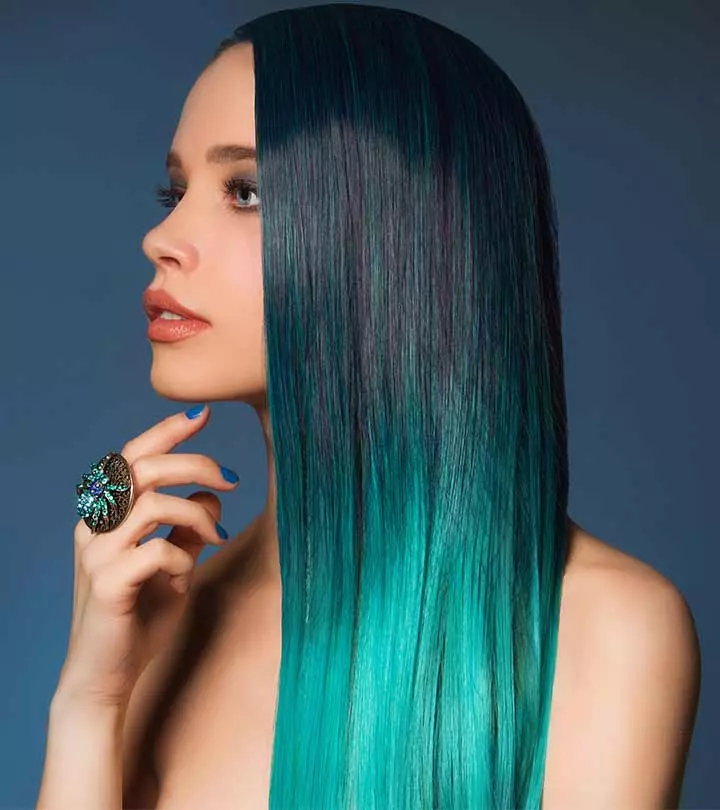
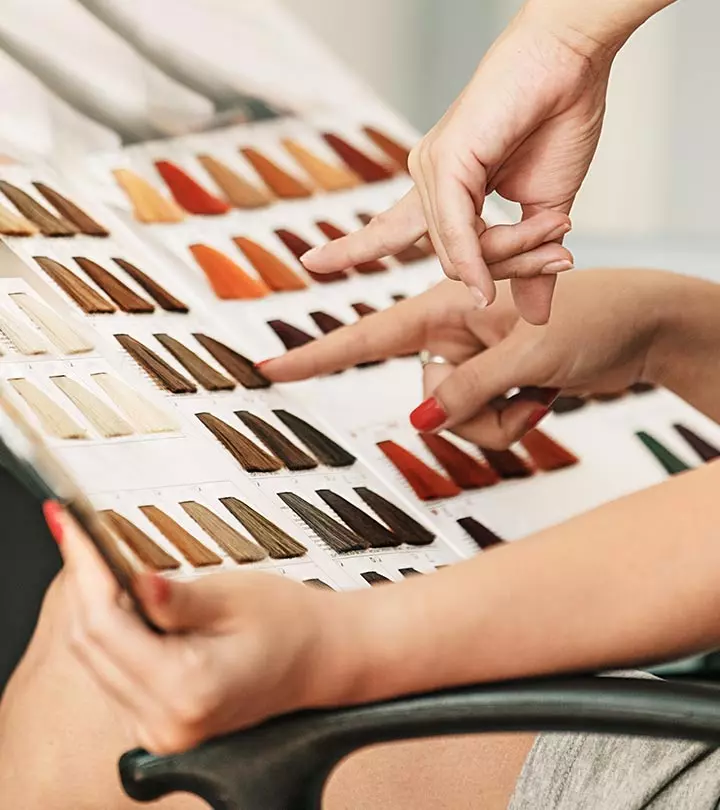
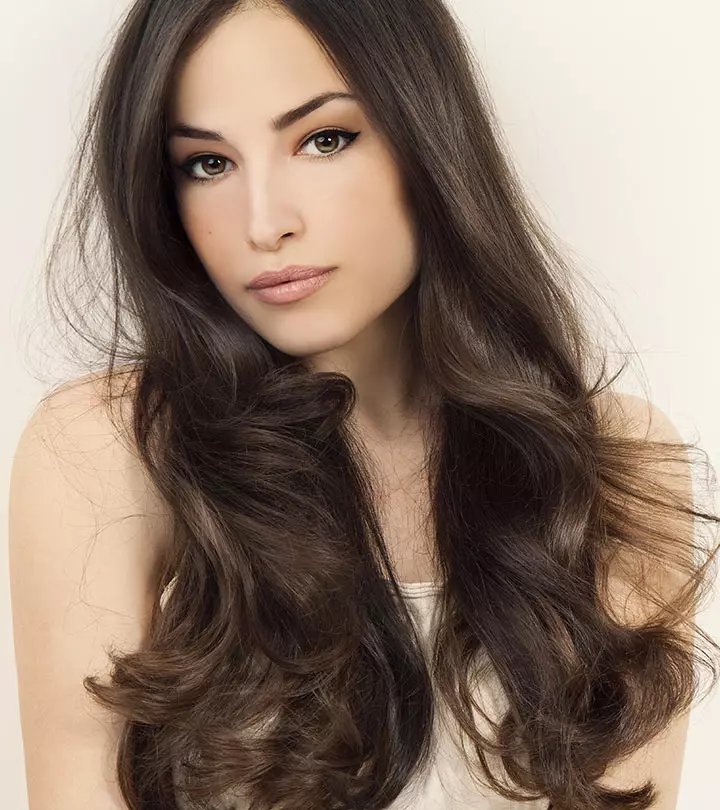

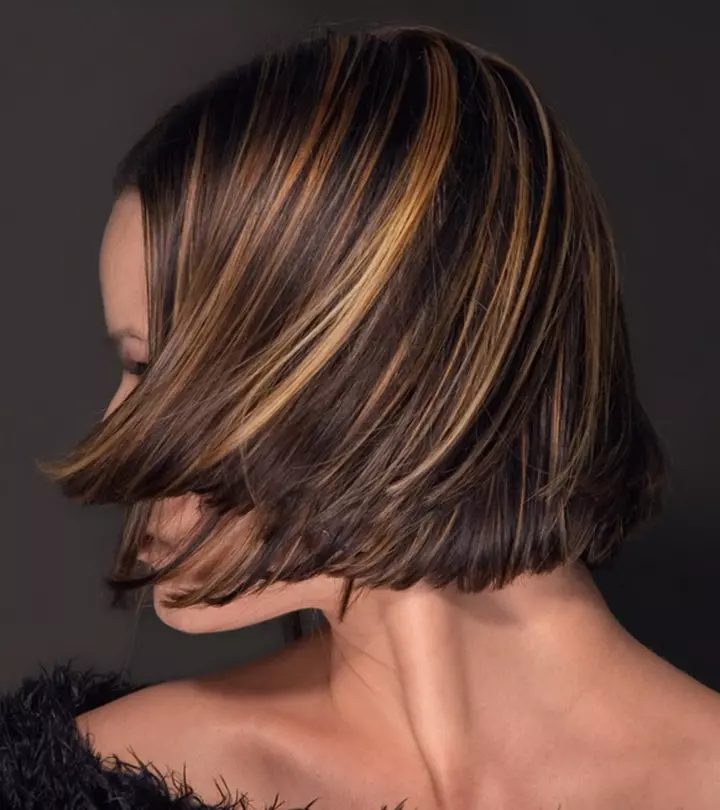


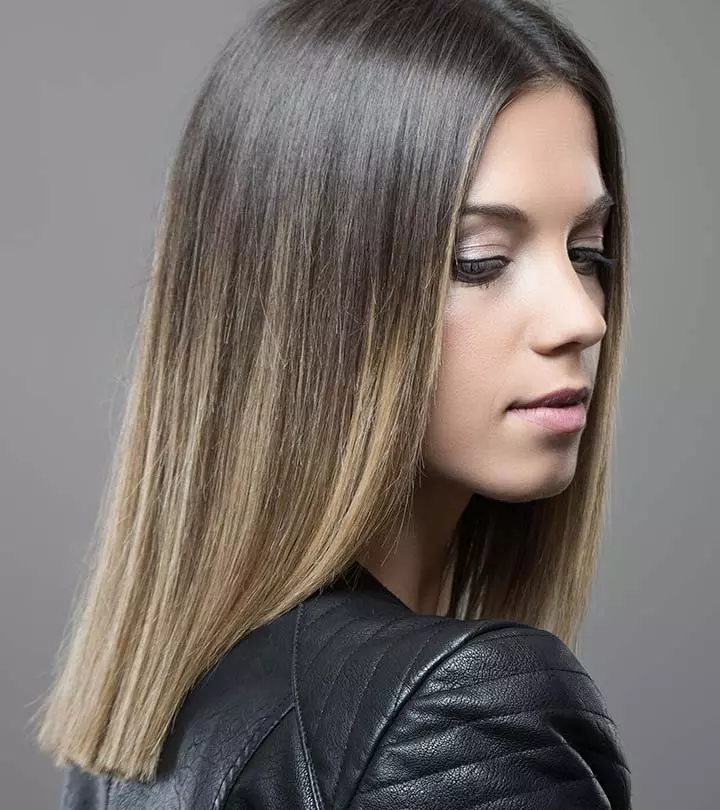
Community Experiences
Join the conversation and become a part of our empowering community! Share your stories, experiences, and insights to connect with other beauty, lifestyle, and health enthusiasts.